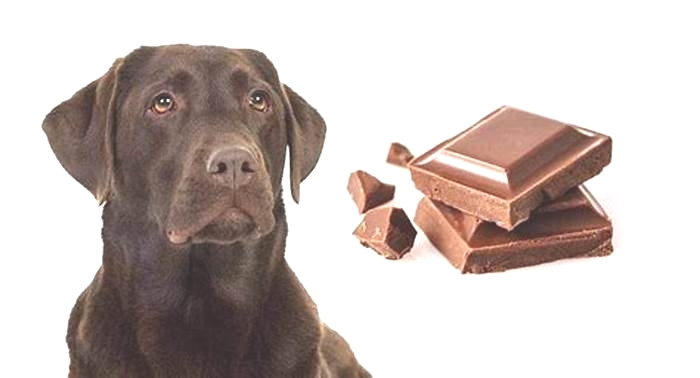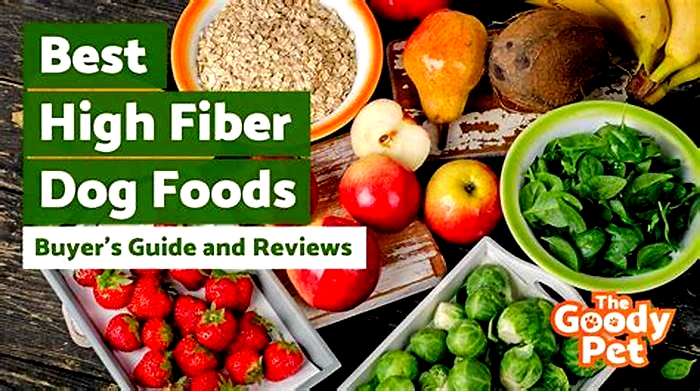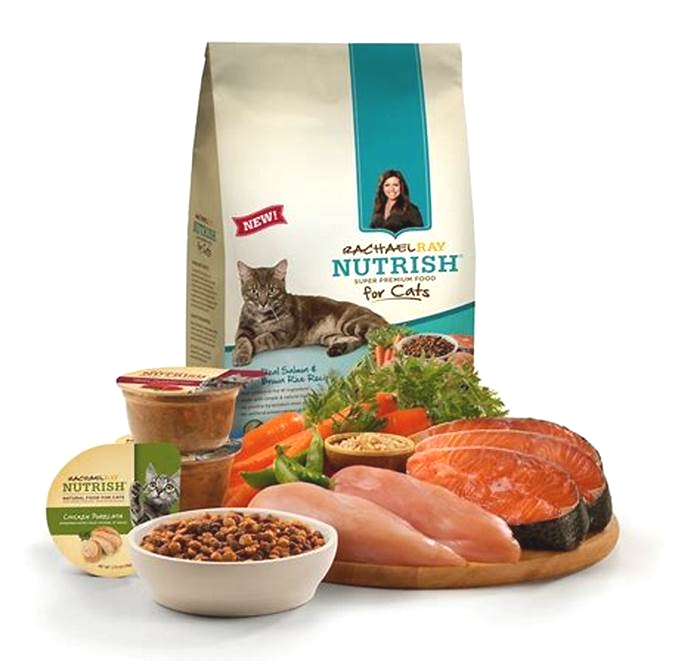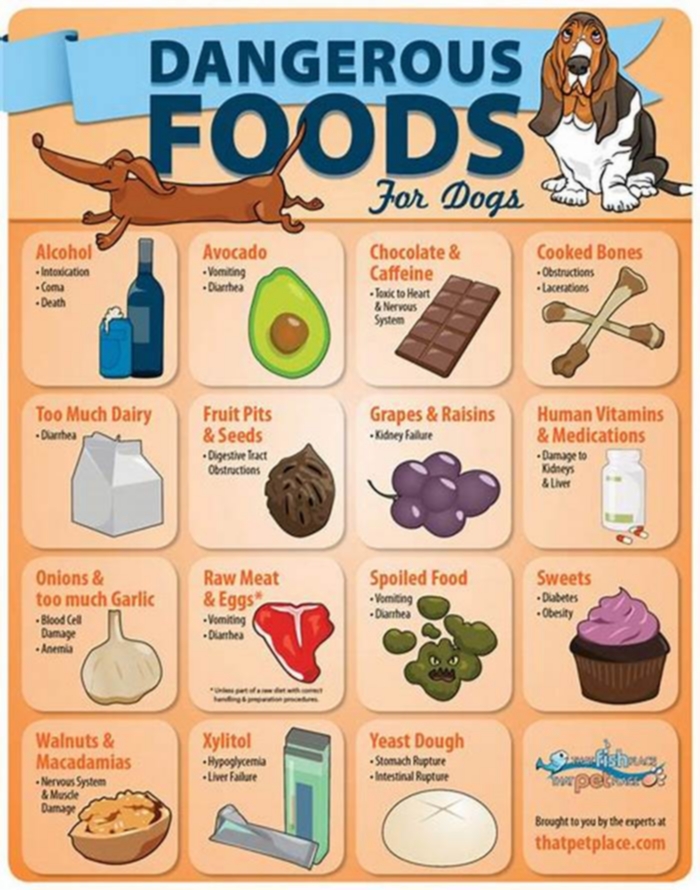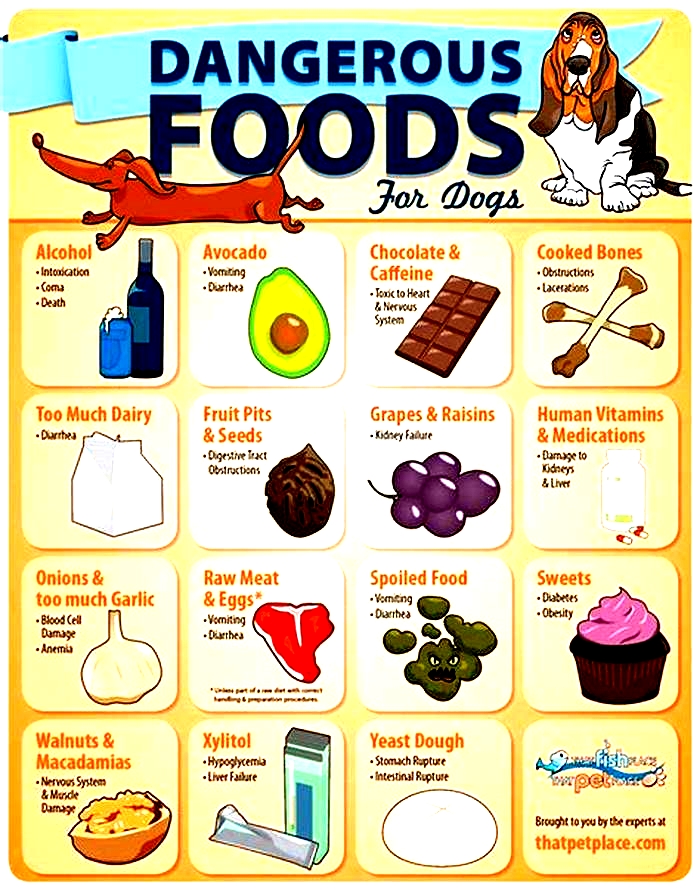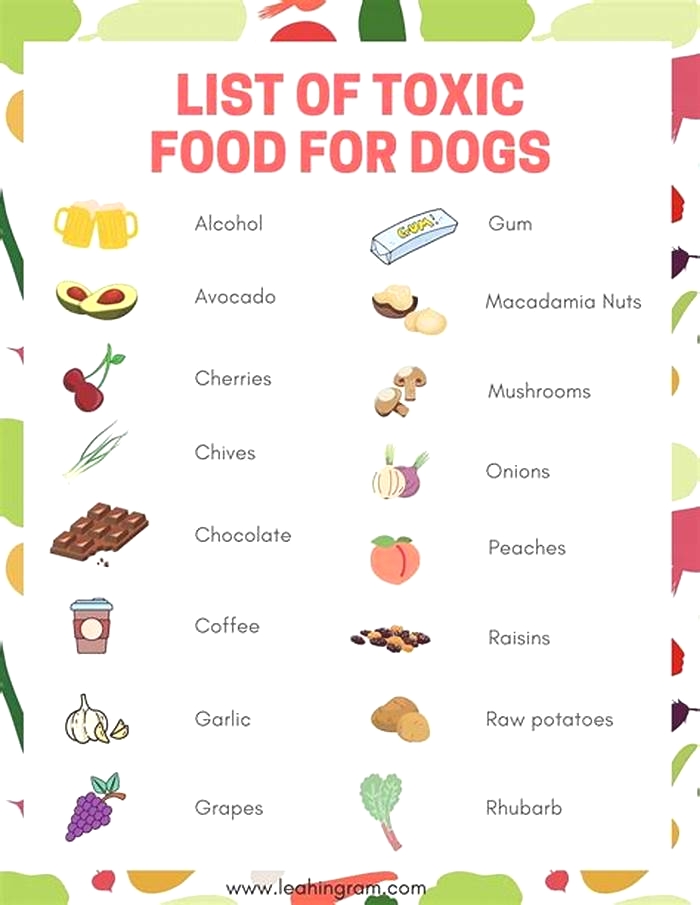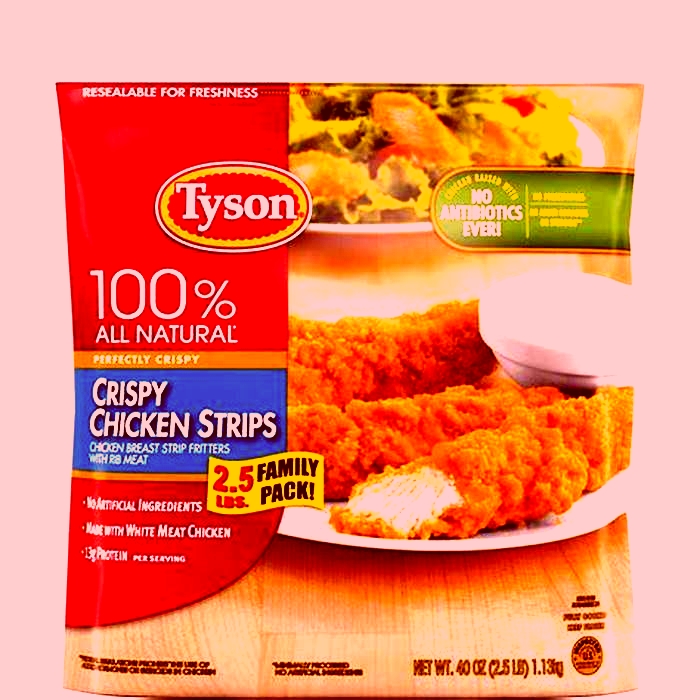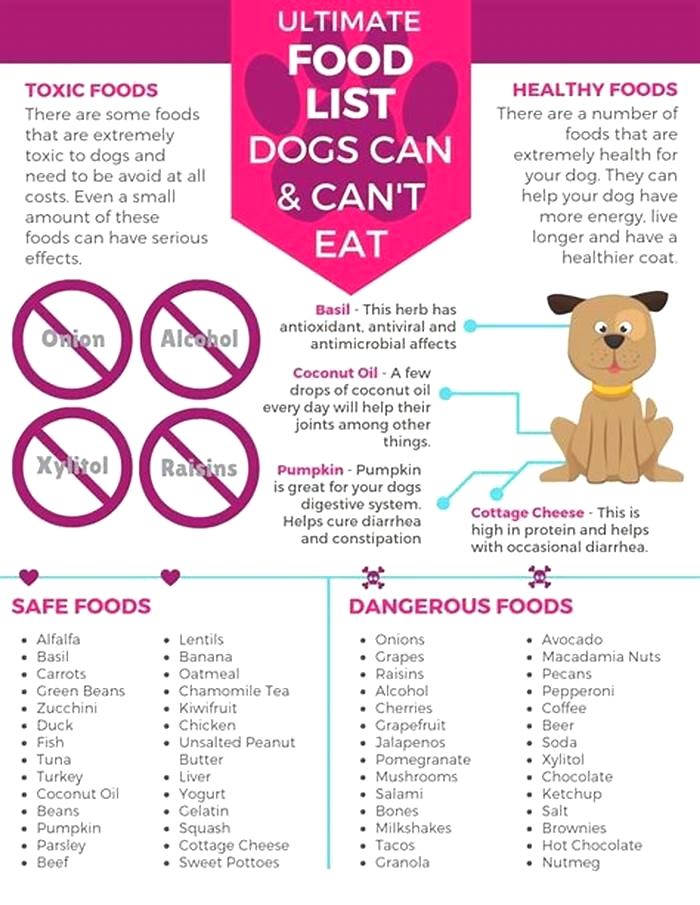What foods can Labradors eat
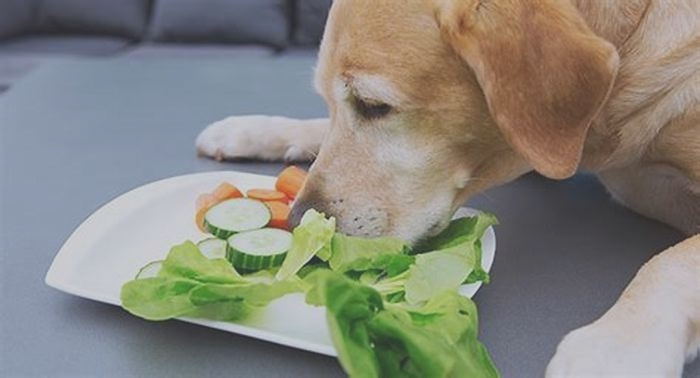
What Can Labradors Eat? 31 People Foods To Feed Your Lab
Labradors are one of the most popular dog breeds in the world, and for good reason. Ive raised many Labradors in my decades of canine care. But what should you feed your Lab so they stay healthy and happy? What kind of nutrition do they need?
Labradors should eat a diet consisting of high-quality protein, healthy fats, and low-glycemic carbohydrates. Meats like chicken, beef, and lamb provide essential amino acids, while healthy fats come from fish and flaxseed oil. Incorporating vegetables and fruits can provide additional nutrition.
Ready to upgrade your Labradors mealtime?
Lets explore the various food options and guidelines to ensure your Labrador is happy, healthy, and energized. We will also cover the specific nutrients that your Labrador needs in their diet and what types of food are best for them. Furthermore, well discuss potential food items to avoid.
Lets begin!


Basic Nutritional Needs of Labradors
As a Labrador owner, you must understand their nutritional needs to provide the best possible care for your dog, especially as we know how much our Labs love a good feast!
Labradors are active dogs, requiring a well-balanced diet to maintain their health and energy levels. In this section, well break down their vital nutritional needs.
Proteins and Fats
Proteins are crucial for your Labradors muscle growth, tissue repair, and overall body function. Fats provide the energy they need to stay active and perform daily activities. For a healthy diet, aim for a protein content of 18% for adults and a fat content of about 5%.
Here is a quick breakdown of daily protein and fat requirements at different life stages:
| Life Stage | Protein Requirement | Fat Requirement |
|---|---|---|
| Puppy | 22% | 8% |
| Adult | 18% | 5% |
| Senior | 20% | 5% |
Opt for high-quality protein sources such as:
- Chicken
- Turkey
- Fish
- Beef
- Eggs
Note: Dont feed your dog raw or undercooked meat to minimize health risks.
Carbohydrates and Fiber
Although Labradors do not have a specific carbohydrate requirement, moderate amounts can provide energy and support digestion. Ensure that the carbs come from wholesome sources, such as brown rice, sweet potatoes, or barley, rather than processed grains.
Fiber is crucial for your dogs digestive health. Aim for around 2-4% of fiber in their diet. Beneficial sources of fiber include:
- Vegetables like broccoli, peas, and carrots
- Fruits like apples and blueberries
- Whole grains
Vitamins and Minerals
Vitamins and minerals are vital for your Labradors immune system, bone health, and overall well-being. The following vitamins and minerals are essential for their diet:
- Vitamin A: Supports skin and coat health
- Vitamin D: Promotes bone growth
- Vitamin E: Maintains a healthy immune system
- Calcium: Essential for strong teeth and bones
- Phosphorus: Supports bone and tissue growth
To ensure your Labrador gets the necessary vitamins and minerals, offer a mix of fresh fruits, vegetables, and lean meats in their diet. Additionally, you can consider supplementing a high-quality dog food containing essential nutrients or seeking veterinary advice for tailored recommendations.
Ideal Foods for Labradors
Meats
Labradors are omnivores and require a good amount of high-quality meat in their diet. A balanced diet for your dog should include lean meats like chicken, turkey, or beef.
Organs like the liver and heart can also be added once or twice a week to provide essential nutrients. When feeding your dog, its best to stick to cooked meat or high-quality dry or wet dog food rather than raw meat, as raw meat may carry harmful bacteria that could make your dog sick.
Fruits and Vegetables
Fruits and vegetables can be a great addition to your Labradors diet, providing essential vitamins and minerals. Some dog-friendly fruits include apples (without seeds), bananas, and blueberries. Vegetables like carrots, green beans, and sweet potatoes can also offer health benefits.
Heres a table of a few fruits and vegetables, along with their recommended daily quantities:
| Fruit/Vegetable | Recommended Quantity Per Day |
|---|---|
| Apple (no seeds) | 1/4 apple |
| Banana | 2-3 small slices |
| Blueberries | 10-12 blueberries |
| Carrots | 1-2 baby carrots |
| Green Beans | 2-4 green beans |
| Sweet Potatoes | 1/4 to 1/2 a small sweet potato |
You should introduce fruits and vegetables gradually, and never give your dog grapes or raisins, as they can be toxic. Always remove seeds and hard pits from fruits before serving, and make sure to chop or steam harder vegetables to make them easier to digest.
Dairy
While some dogs can tolerate dairy products well, others may experience digestive problems. One of my Labradors easily manages a small amount of milk once in a while, yet another one will get an upset stomach.
If you want to include dairy in your Labradors diet, start with small amounts to see how they react. Low-fat yogurt and cottage cheese can be excellent sources of calcium and protein. Just make sure theyre unsweetened and unflavored to avoid any added sugars or other harmful ingredients.
What Can Labradors Eat?
In the section below, Ive compiled a list of human foods that Labradors can eat. It is not an exhaustive list, but its a good selection of what I like to feed my dogs.
Apples


Labradors can eat apples. They are high in fiber, vitamin C, and antioxidants. Apples can help support your dogs immune system and promote healthy digestion. They also contain phytonutrients that can reduce the risk of chronic diseases.
Remove the core and seeds before feeding apples to your dog, as they can be a choking hazard or cause digestive issues. Cut the apple into small pieces and give it to your dog as a treat, or mix it into their food.
Bananas
Labradors can eat bananas. Bananas are a great source of potassium, vitamin C, and vitamin B6. These nutrients help maintain healthy blood pressure, digestion, and immune system in dogs.
To feed bananas to your dog, remove the peel, mash them up, and mix them with their regular food or give them as a treat.
Beef
A great source of protein, iron, and zinc, beef can help support your Labradors muscle development and repair. It also contains vitamin B12, essential for a healthy nervous system.
Choose lean cuts of beef and remove any excess fat before cooking. Cook the meat thoroughly without any added salt or seasonings, and cut it into small pieces before giving it to your dog.
Blueberries
Labradors can eat blueberries. High in antioxidants, vitamin C, and fiber, blueberries can help protect your dogs cells from damage and support their immune system. They also contain phytonutrients that can reduce inflammation in the body.
Ensure you wash the blueberries thoroughly before feeding them to your dog.
Broccoli
Broccoli is a good source of fiber, vitamin C, and vitamin K. These nutrients help maintain healthy bones, teeth, and digestion in dogs. To feed broccoli to your Labrador, steam it and mix it with their regular food in small quantities.
Bread
Bread provides carbohydrates, a good energy source for your Labrador Retriever. However, it should be given in moderation, not as a staple food. You can feed bread to your dog as an occasional treat.
Carrots
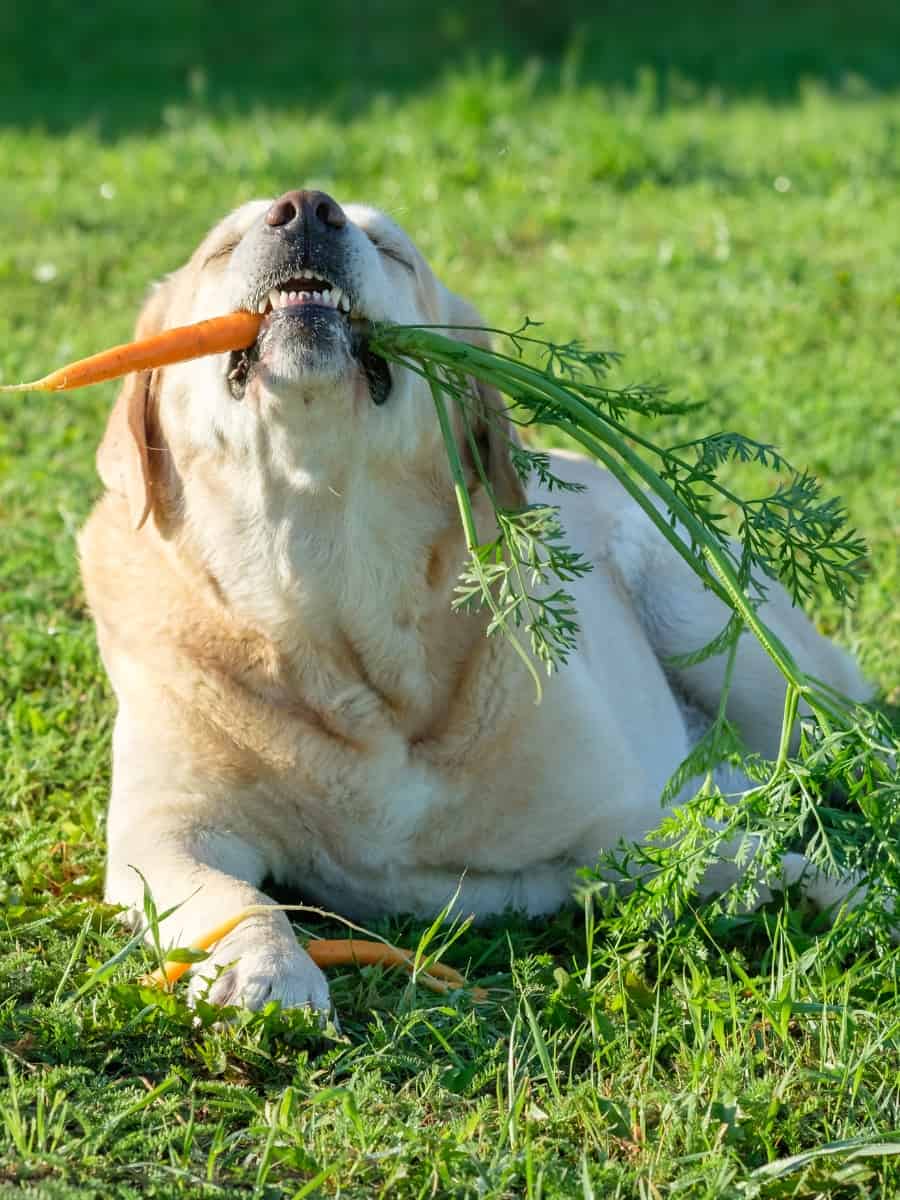
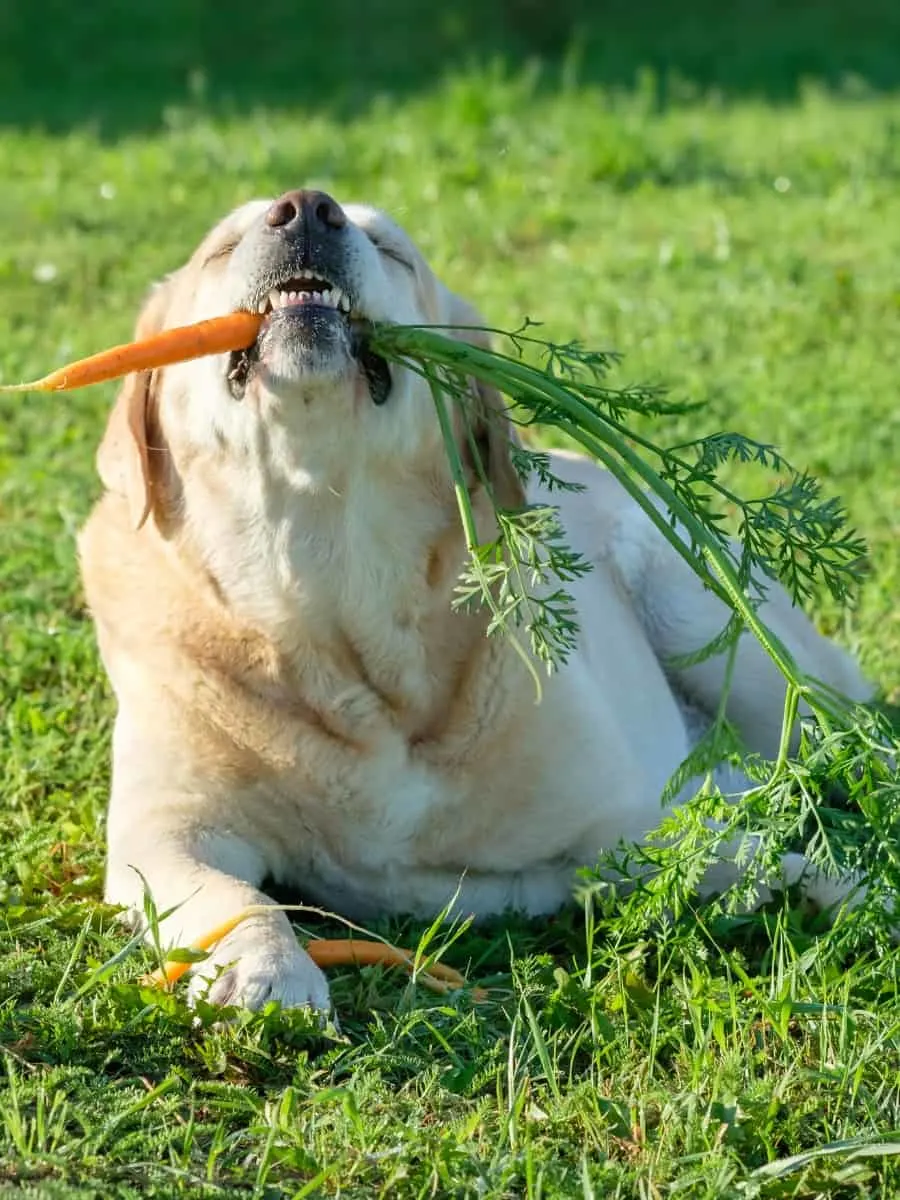
Labradors can eat carrots. High in beta-carotene, vitamin A, and fiber, carrots can help support your dogs vision and promote healthy skin and coat. They also contain phytonutrients that can reduce the risk of chronic diseases.
Wash the carrots thoroughly and cut them into small pieces before giving them to your dog.
Cheese
Labradors can eat cheese. In addition to having vitamins, calcium, and protein, it is an excellent source of vital fatty acids. However, as cheese is high in fat and lactose and might cause digestive problems or weight gain, you should avoid giving your dog too much.
Celery
Low in calories and high in vitamins, celery can help support your dogs bone health and promote healthy digestion. It is also great for your Labradors dental health due to its natural cleaning ability.
Wash the celery thoroughly and cut it into small pieces before giving it to your dog as a treat or mixing it into their food.
Chicken
Chicken is an excellent protein source, essential for building and repairing muscles in Labradors. It also contains vitamins and minerals that help maintain a healthy immune system. To feed chicken to your dog, cook it thoroughly and remove the bones before serving.
Coconut
Rich in medium-chain triglycerides, coconut can help support your Labradors skin and coat health and promote healthy digestion. It also contains lauric acid, which has antibacterial and antiviral properties.
Choose unsweetened coconut products and give them to your dog in small amounts.
Cottage cheese
Labradors can eat cottage cheese. Cottage cheese is a good source of protein and calcium, which can help support your dogs muscle development and bone health. It also contains probiotics, which can promote healthy digestion.
Choose a low-fat variety of cottage cheese and avoid products containing added sugars or artificial sweeteners. I like to add a spoonful of cottage cheese to my dogs food.
Cucumber
Labradors can eat cucumber. Cucumber is a low-calorie food rich in vitamins and minerals. It helps in maintaining healthy skin, coat, and hydration in dogs. Additionally, cucumbers contain lignans, a compound with anti-cancer properties that may help prevent cancer in dogs.
Green beans


Labradors can eat green beans. Green beans are high in vitamins, minerals, and fiber, so green beans can help support your dogs immune system and promote healthy digestion. They are also low in calories, making them a great dog snack.
Cook the green beans thoroughly and give them to your dog as a treat, or mix them into their food.
Oatmeal
Oatmeal is a good source of fiber and protein that helps maintain healthy digestion and energy levels in Labradors. It also contains beta-glucans, a type of soluble fiber that helps regulate blood sugar levels and reduce cholesterol levels in dogs.
Oatmeal is also a good alternative for dogs allergic to wheat or other grains.
Papaya
Labradors can eat papaya as long as the seeds and skin are removed. Papaya includes essential nutrients, antioxidants, and fiber to strengthen your dogs immune and digestive systems. However, you should only feed a few pieces due to its high sugar content.
Pasta
Labradors can eat pasta. Pasta provides carbohydrates and energy to dogs. However, it should be given in moderation and not as a staple food, as it may lead to weight gain and digestive issues. Whole grain pasta is a better option, as it contains more fiber and nutrients than refined pasta.
Peanut Butter
Labradors can eat peanut butter. It is a good source of protein and healthy fats that help maintain healthy skin and coat in dogs. However, it should only be given occasionally as it is high in calories and may lead to weight gain in dogs.
Additionally, peanut butter should not contain xylitol, a sugar substitute that is toxic to dogs.
Peas
High in vitamins, minerals, and fiber, green peas can help support your Labradors immune system and promote healthy digestion. They are also a good source of plant-based protein for dogs.
Cook the green peas thoroughly and give them to your dog as a treat, or mix them into their food.
Pineapple
Labradors can eat pineapple. Pineapple is a good vitamin C, fiber, and bromelain source. Vitamin C helps boost the immune system and maintain healthy skin and coat in Labradors, while fiber aids in digestion and helps regulate bowel movements. Bromelain is an enzyme that helps in reducing inflammation and aiding digestion.
Remove the skin and core before feeding.
Pork
A great source of protein, pork can help support your Labradors muscle development and repair. It also contains thiamine, which is essential for a healthy nervous system.
Pork should be cooked without any added salt or seasonings. Choose lean cuts of pork and remove any excess fat before cooking.
Potatoes
Labradors can eat potatoes. Potatoes are a good source of carbohydrates and fiber that help maintain healthy digestion and energy levels in dogs. However, they should be cooked thoroughly and given in moderation as they are high in calories.
Additionally, sweet potatoes are a better option, as they contain more fiber and nutrients than regular potatoes.
Popcorn
A low-calorie snack option, plain air-popped popcorn can be a fun dog treat. It is also a good fiber source, promoting healthy digestion.
Choose plain, air-popped popcorn without added salt, butter, or seasonings. Give it to your Lab in small amounts as a treat.
Pumpkin


Labradors can eat pumpkin. High in fiber, vitamin A, and antioxidants, pumpkin can help support a dogs digestive health and promote healthy skin and coat. It also contains beta-carotene, which can reduce inflammation in the body.
Choose plain canned pumpkin or cook and mash fresh pumpkin. Do not use pumpkin pie filling, which contains added sugars and spices. Give pumpkin to your Retriever in small amounts as a treat or mix it into their food.
Rice
Rice is a good carbohydrate source that helps maintain healthy digestion and energy levels in Labrador Retrievers. It is also a good alternative for dogs allergic to wheat or other grains. Brown rice is a better option, as it contains more fiber and nutrients than white rice.
Salmon
Labradors can eat salmon. Salmon is an excellent source of protein and omega-3 fatty acids that help maintain healthy skin, coats, and joints in dogs. Omega-3 fatty acids also have anti-inflammatory properties and may help reduce the risk of heart disease and cancer in dogs.
However, salmon should be cooked thoroughly, and bones should be removed before serving, as uncooked salmon and bones may cause digestive issues and choking hazards in dogs.
Sardines
Rich in omega-3 fatty acids, sardines can help support your Labradors heart health and promote healthy skin and coat. They are also a good source of protein and vitamins for dogs. Sardines should be cooked without any added seasonings or sauces.
Choose plain canned sardines in water or oil without added salt or seasonings. Remove any bones before giving them to your dog.
Scrambled eggs
Labradors can eat scrambled eggs. A great source of protein, scrambled eggs can help support your dogs muscle development and repair. They are also a good source of vitamins and minerals, including vitamin B12 and riboflavin.
Cook the eggs thoroughly without any added salt or seasonings, and give them to your dog in small amounts. My dogs love scrambled eggs when used as a topping on their kibble.
Sweet potato
Labradors can eat sweet potatoes. High in fiber, vitamin A, and antioxidants, sweet potatoes can help support your dogs digestive health and promote a healthy skin and coat. It is also a common ingredient in many commercial dog foods.
Choose plain canned sweet potato or cook and mash fresh sweet potato. Do not use sweet potato pie filling containing added sugars and spices.
Turkey
A great source of protein, turkey can help support your Labradors muscle development and repair. It also contains vitamin B6, essential for a healthy immune system.
Turkey should be cooked without any added salt or seasonings. Choose lean cuts of turkey, remove any excess fat before cooking, and cut it into small pieces before giving it to your dog. Tiny pieces of turkey are great to use as training treats.
Yogurt
Labradors can eat yogurt. It is a good source of protein, calcium, and probiotics that help maintain healthy digestion and immune system in dogs. Probiotics are beneficial bacteria that help regulate the gut microbiome and improve digestive health in dogs.
However, yogurt should be given in moderation and without added sweeteners or flavorings, as some dogs may be lactose intolerant or have difficulty digesting dairy products. Organic or Greek yogurt is best.
Foods to Avoid for Labradors

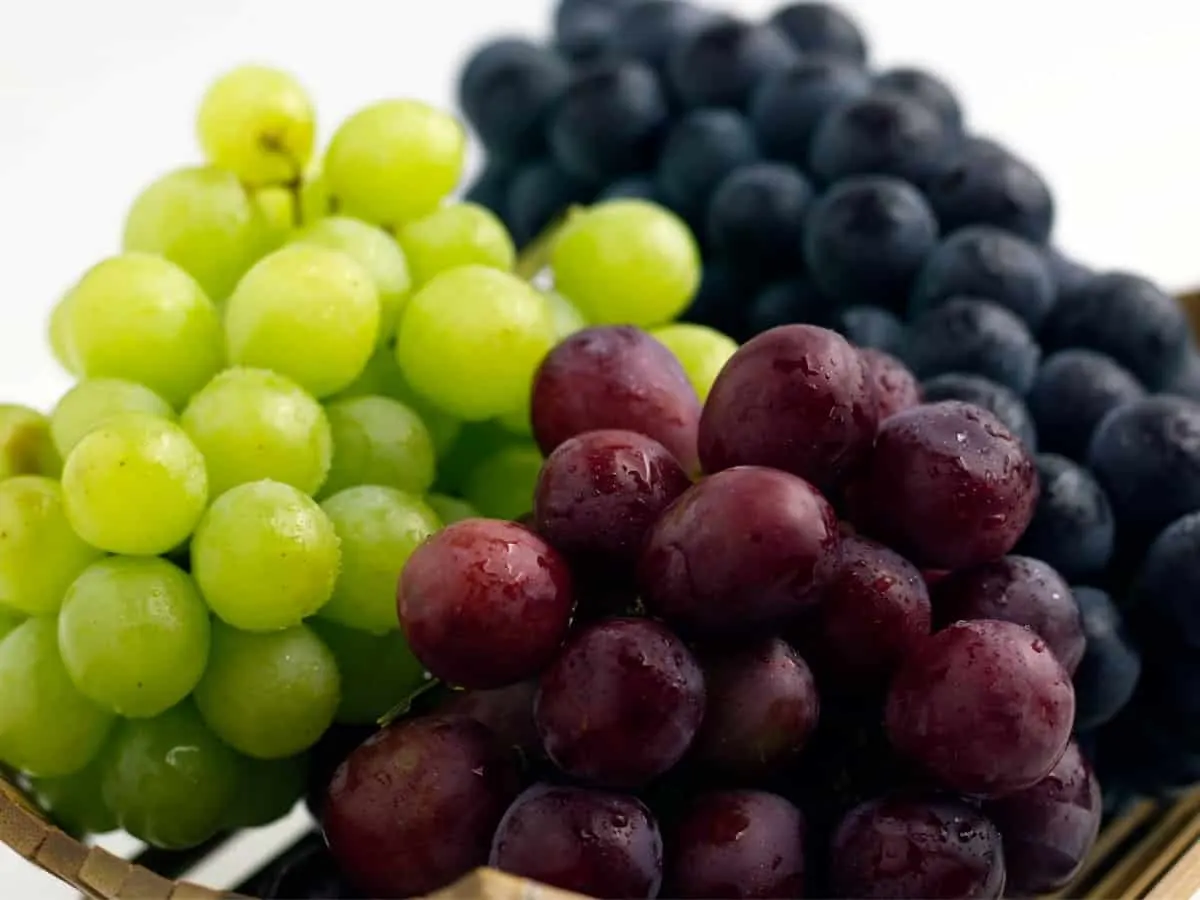
As a responsible Labrador owner, knowing the foods that should be kept off your furry friends menu is crucial. Some of these can cause severe health problems or even be fatal, so you must be aware of what not to feed your Labrador.
| Toxic Food | Reason for Toxicity |
|---|---|
| Grapes & Raisins | Can cause kidney failure and even death |
| Onions & Garlic | Can lead to anemia and damage red blood cells |
| Xylitol (sweetener) | Can cause a rapid release of insulin and hypoglycemia |
| Macadamia Nuts | Can leadto weakness, vomiting, and tremors |
| Chocolate & chocolate products | Contains theobromine, which can cause toxicity |
| Avocado | Contains persin, a fungicidal toxin, which can cause heart attack |


Best Type of Dog Food for Labradors
So, youre still unsure what dog food to give your furry friend. When I first started, I was exactly the same! Let me make it easy for you. In this section, youll find a range of dog food options with insights and recommendations tailored to the nutritional needs of your beloved Labrador.
Dry Food
Dry food or kibble is convenient for many pet owners and easy to store and measure. High-quality kibble should have a suitable protein, fat, and carbohydrate balance for your Labrador. Choose a dry dog food that specifies its ingredients, avoiding fillers and unnecessary additives. Examples of good choices include meat as the primary ingredient.
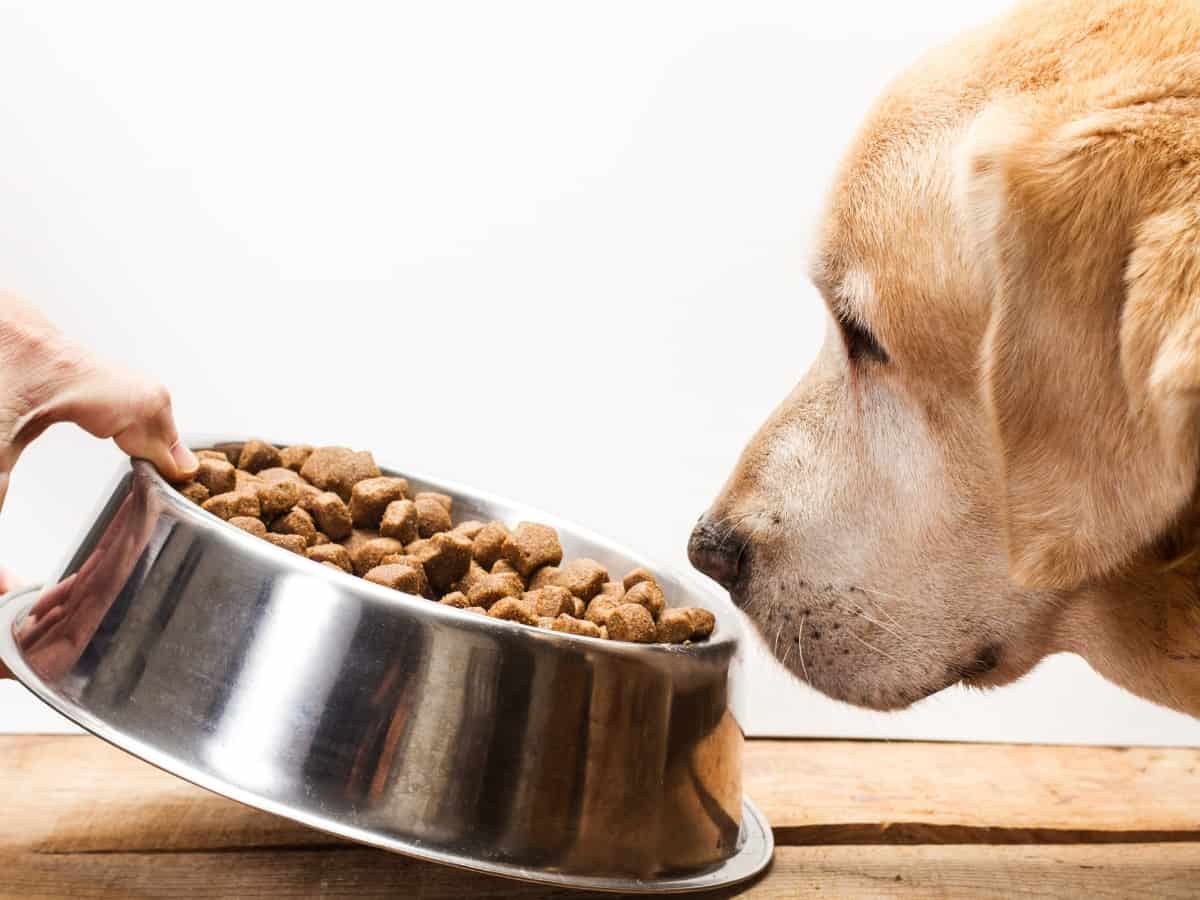
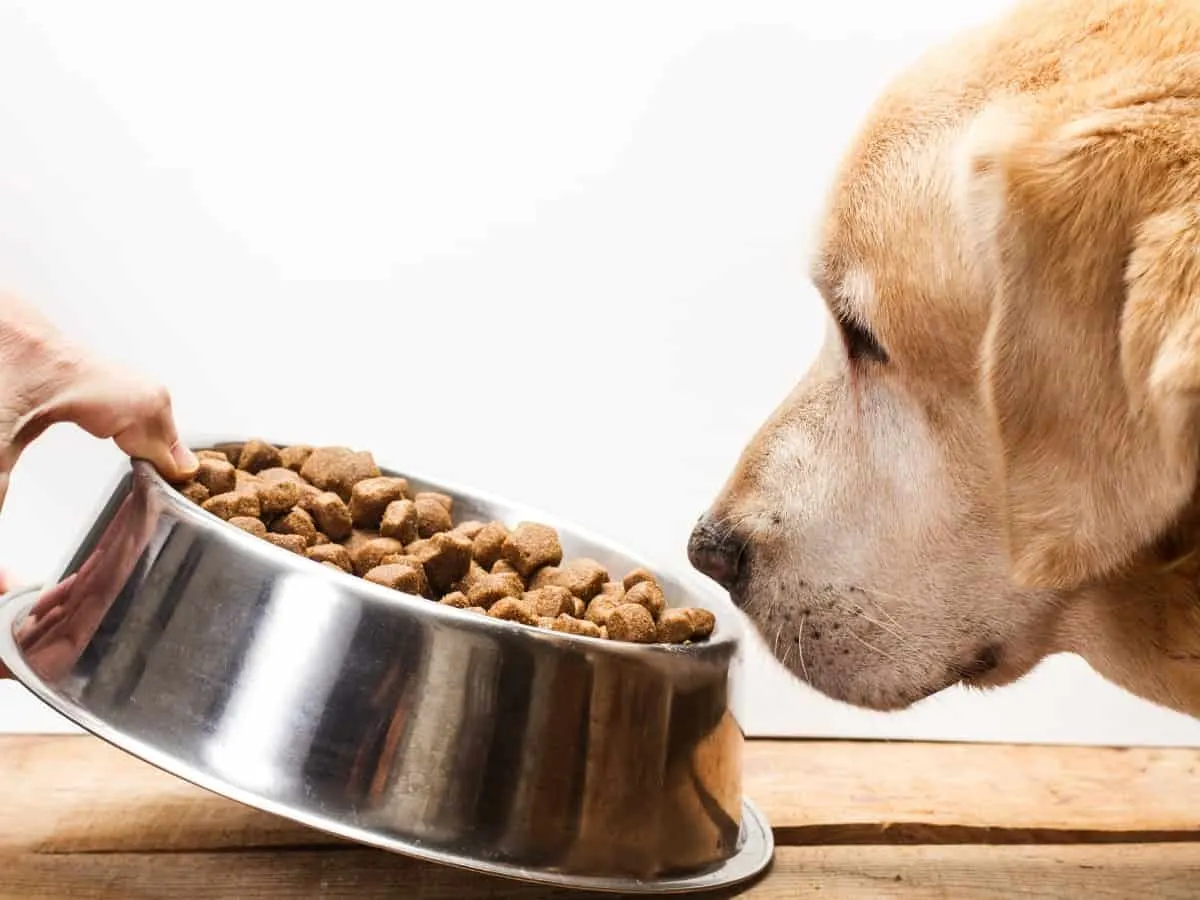
Wet Food
Wet or canned food is generally more palatable and offers higher moisture content, which can benefit Labradors who need extra hydration. Like kibble, look for high-quality wet food with meat as the main ingredient and limited fillers or artificial additives.
Feed your Labrador the recommended serving size for their weight and age, mixing it with dry food.
Dry and Wet Mix
Combining dry and wet food can offer the best of both worlds, giving your Labrador a varied and enjoyable meal. Mixing wet and dry food helps balance nutrients, flavor, and texture to keep them healthy and satisfied. Most of my dogs prefer this option.
Remember to maintain the proper feeding proportions according to your Labradors size, age, and energy levels. Most of my dogs at my shelter prefer a mixed diet.
Homemade Dog Food
Preparing homemade dog food can give you control over the ingredients and ensure the meal is tailored to your Labradors specific needs. However, its essential to consult with your veterinarian or a canine nutrition expert to develop a balanced and nutrient-rich recipe for your pet.
Ensure you take into account your Labradors age, weight, activity levels, and any allergies or sensitivities when preparing their homemade food.
Raw Food
Some Labrador owners choose to feed a raw food diet, also known as BARF (biologically appropriate raw food). This diet consists of raw meat, bones, vegetables, and fruits, aiming to mimic their ancestors natural diet.
However, a raw food diet can be controversial, so you must consult your veterinarian before considering this option.
Dehydrated Dog Food
Dehydrated dog food is a convenient option that removes moisture but retains the nutrients found in whole foods. This type of food provides a suitable middle ground between kibble and raw food.
Ensure you choose a high-quality dehydrated dog food with meat as the primary ingredient.
Freeze-dried Dog Food
Freeze-dried dog food involves a process that preserves nutrients and flavors without using any artificial preservatives. Like dehydrated dog food, it offers a convenient alternative to raw food without compromising nutritional value.
However, it can be expensive, and its definitely out of my reach for all my rescue dogs!
How Much Food Should A Labrador Eat?
The amount of food a Labrador should eat depends on age, weight, activity level, and overall health.
Puppies
For puppies, its crucial to provide the appropriate nutrients to support their growth and development. From 8 to 12 weeks old, you should feed your Labrador puppy 3 to 4 times a day, with each meal consisting of around 1 to 1.25 cups of dry food, depending on the pups size.
As they age and reach 3 to 6 months, you can reduce feeding to 3 times a day while increasing their food quantity to about 1.5 to 2 cups per meal.
Adults
Adult Labradors typically need to be fed twice a day. The portion size will vary depending on their weight and activity level. As a general guideline:
- Feed dogs weighing 30 to 40 pounds 1 to 1.5 cups of dry food per meal.
- Feed dogs weighing 40 to 60 pounds 1.5 to 2 cups per meal.
- Feed dogs weighing 60 to 80 pounds 2 to 2.5 cups per meal.
However, this would just be a general guideline, and its always best to consult your veterinarian for the most suitable portion sizes for your dog.
Every dog is unique, and their dietary needs may change over time. Be mindful of your Labradors weight and adjust their food intake accordingly. Furthermore, monitor their energy levels, stool consistency, and overall health to ensure they get the proper nutrition from their diet.
Labrador Puppy Meal Plan
When feeding your Labrador puppy, remember that they have different nutritional needs than adult dogs, so look for dog food specifically formulated for puppies.
Take portion control into account and adjust the serving size according to your pups age, weight, and activity level to prevent overfeeding and weight gain.
Heres a table showing how many meals a day your Labrador puppy should eat based on their age:
| Age of Labrador Puppy | Meals Per Day |
|---|---|
| 2 3 months | 4 meals |
| 3 6 months | 3 meals |
| 6 12 months | 2 meals |
FAQs
What type of food should I feed my Labrador?
Labradors should be fed high-quality dog food formulated to meet their nutritional needs. Dry food (kibble), wet food, or a mix is the most popular. Alternatives are raw, freeze-dried, or dehydrated dog food. Avoid high-fat snacks or treats, as these can lead to weight gain and other health issues.
What kinds of food can Labradors eat?
In addition to high-quality dog food, Labradors can enjoy other proteins such as cooked fish, cooked eggs, cottage cheese, and fruits and vegetables such as carrots, sweet potatoes, pumpkin, peas, apples, pineapple, and strawberries.
Sowmya Sankaran is the founder of Dogs Mond. For over a decade, she has dedicated her life to rescuing and rehabilitating dogs and providing them with a safe and loving environment. In 2017, Sowmya established the Life With Equality Charitable Trust, an animal shelter in Chennai, India. As her passion for animal welfare continued, she devoted most of her time to positive reinforcement training to rehabilitate her rescues. She also has a wealth of experience in canine health, nutrition, and care. Find her on Linkedin!
View all posts

